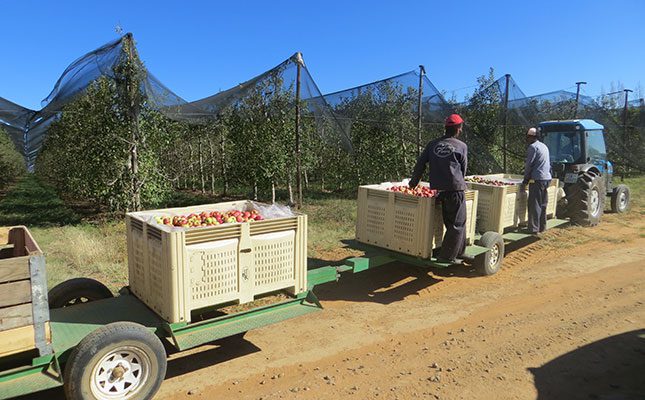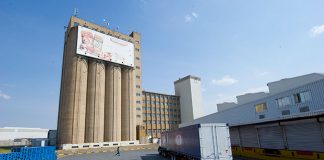
Photo: FW Archive
With the voter registration weekend approaching, there is a heightened sense of awareness among members of the agricultural community about the power their votes hold in influencing the direction of agricultural policies.
As such, the agriculture sector recognises the importance of active civic participation during this election period.
Manivasagen Pillay, a sugar cane farmer in KwaZulu-Natal, said it was important for him and his employees to vote in the elections.
“We have a civic duty to vote and so my staff and I will close shop and go on voting day to cast our votes. While many believe that voting makes no difference, I think if we do not vote we do not have the right to complain. If we want to see [progress] in our sector, if we want more to be done for agriculture, then we must vote to have a say.”
Hlupi Mgane, another KwaZulu-Natal farmer, says while she will allow time off for her workers to vote, she does not think much will be done for the agriculture sector, regardless of the outcome.
“We as small-scale farmers will likely not reap much from the elections. So, while we will go out and make our mark, I do not think it will make too much of a difference to the way we work here [in Ndwedwe]. We can hope that government will see the needs we have, but all we can [really] do is hope. We have faced a lot, especially with water shortages, [and] nothing is being done; nothing has been done for years, so as always, we will vote and then wait.”
Speaking to Farmer’s Weekly, Izaak Breitenbach, general manager of the South African Poultry Association’s Broiler Organisation, said he believed the recent rebate decision on poultry imports was an attempt by government to woo consumers.
“It appears that the granting of the rebates was a way for government to tell the consumer that government is working for them.
“However, I do not think the outcome [of the elections] will have a radical impact on the poultry industry specifically, neither positively nor negatively. We have a lot to contend with in terms of economic issues such as high raw material costs, load-shedding and bird flu, and it is not likely that any change in government if at all, will have any material impact on this industry particularly.”
He added, however, that most farmers would be giving their labourers time off to register to vote and to vote during the elections.
“It is the norm for farmers to make accommodations for workers to be able to register to vote and to vote. So, farmers will give [their workers] time off and move shifts to accommodate their workers’ rights.”
Meanwhile, Wandile Sihlobo, chief economist at Agbiz, said that in the lead up to elections, leaders of the various political parties outline their manifestos, speaking to the various challenges across society, the economy as well as other areas and how they plan to address these challenges.
“Given the history of this country, it is commonplace for political parties to include land and agricultural policies in their election manifestos and promises. This year’s elections come when the agriculture sector faces serious challenges, thus offering an opportunity to hear whether the political leaders or various parties’ manifestos will speak to the pressing challenges of the sector.
“Ultimately, improvements in local governance, delivery of services, maintenance of roads, and release of land for new entrant farmers are essential for the growth of South Africa’s agriculture. Nationally, focus ought to remain on opening export markets, addressing logistics at ports, dealing with crop and animal disease, and embracing new technology by registering new agrochemicals and genetics, essential for boosting productivity. An agile decision-making environment would also be critical, particularly given the fast-evolving nature of global and domestic risks.”












